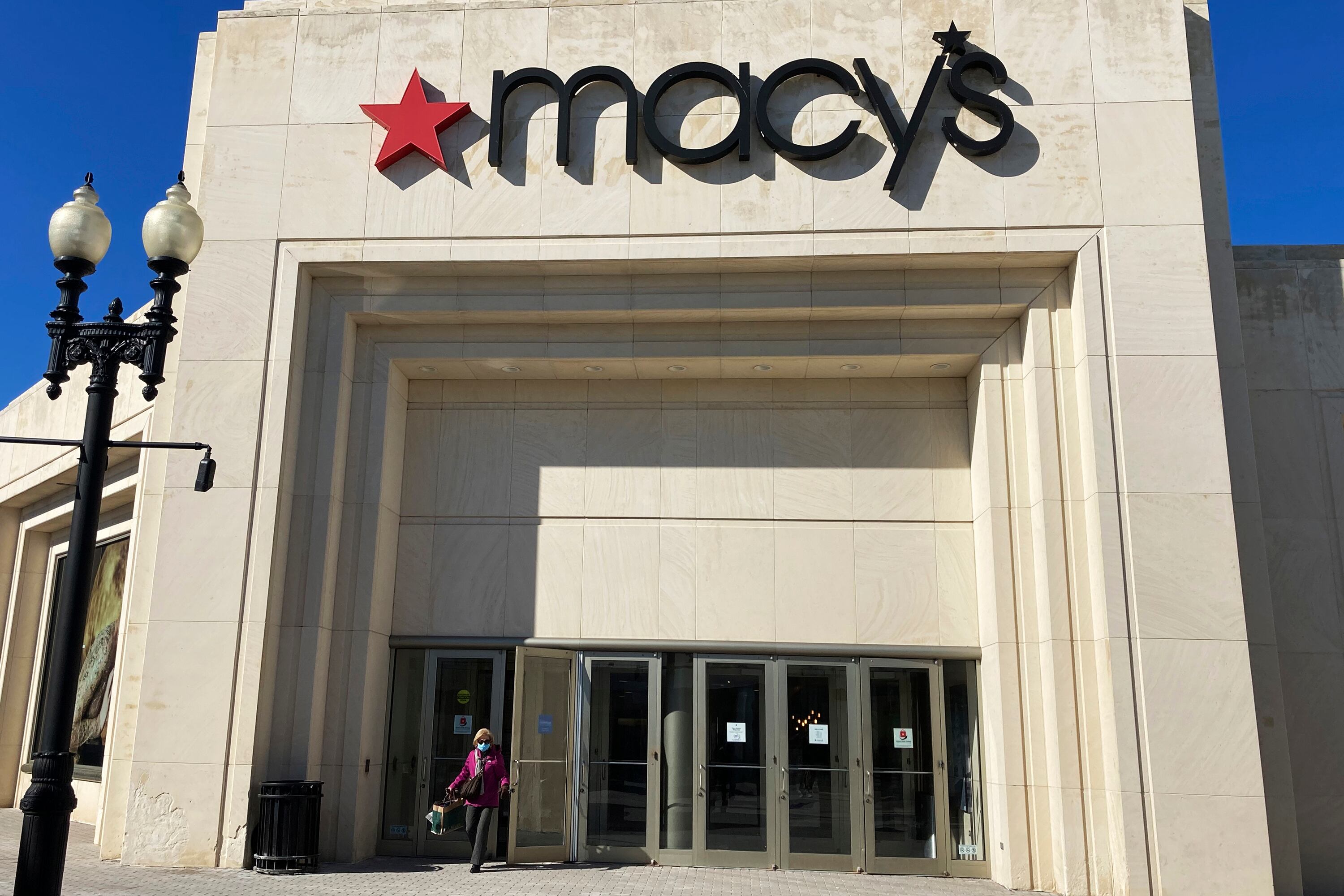Macy's is rejecting a $5.8 billion takeover offer from investment firms Arkhouse Management and Brigade Capital Management, saying they didn't provide a viable financing plan.
Arkhouse and Brigade offered $21 per share for the stock they don't already own.
Last week Macy's Inc. said that it was laying off about 3.5% of its total headcount, or approximately 2,350 employees. The department store operator also announced that it was closing five locations.
Macy's said its board reviewed the proposal and that it not only had concerns about the financing plan, but it also felt there was a “lack of compelling value.”
"Following careful consideration and efforts to gather additional information from Arkhouse and Brigade, the board determined that Arkhouse and Brigade’s proposal is not actionable and that it fails to provide compelling value to Macy’s Inc. shareholders,” Jeff Gennette, outgoing chairman and CEO of Macy’s, said in a statement. “We continue to be open to opportunities that are in the best interests of the company and all of our shareholders.”
Tony Spring takes over as president and CEO of Macy's next month.
Neil Saunders, managing director of GlobalData, said in an email that Macy's management doesn't seem to want to do a deal.
“They likely see the real-estate focused approach of Arkhouse as wrong for the business – and, they have a point,” Saunders said. “Monetizing real estate with no focus on revitalizing the retailer and bolstering trading would produce short-term gains but severely weaken long-term prospects.”
But Saunders noted that Macy's has also had difficulty adding value, having neglected its stores and retail fundamentals for years.
“Unless other bidders step forward, Macy’s shareholders are caught between the devil and the deep blue sea. They can back existing management on the continued promise of jam tomorrow, or cash out to an investor whose plans are unknown and could well hasten the demise of one of retail’s most iconic names,” Saunders said.
Shares of Macy's Inc., based in New York City, rose nearly 2% before the market opened Monday.













